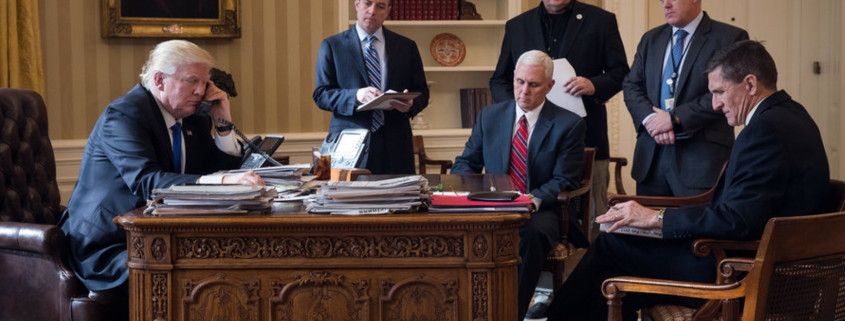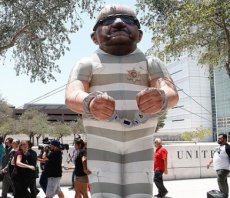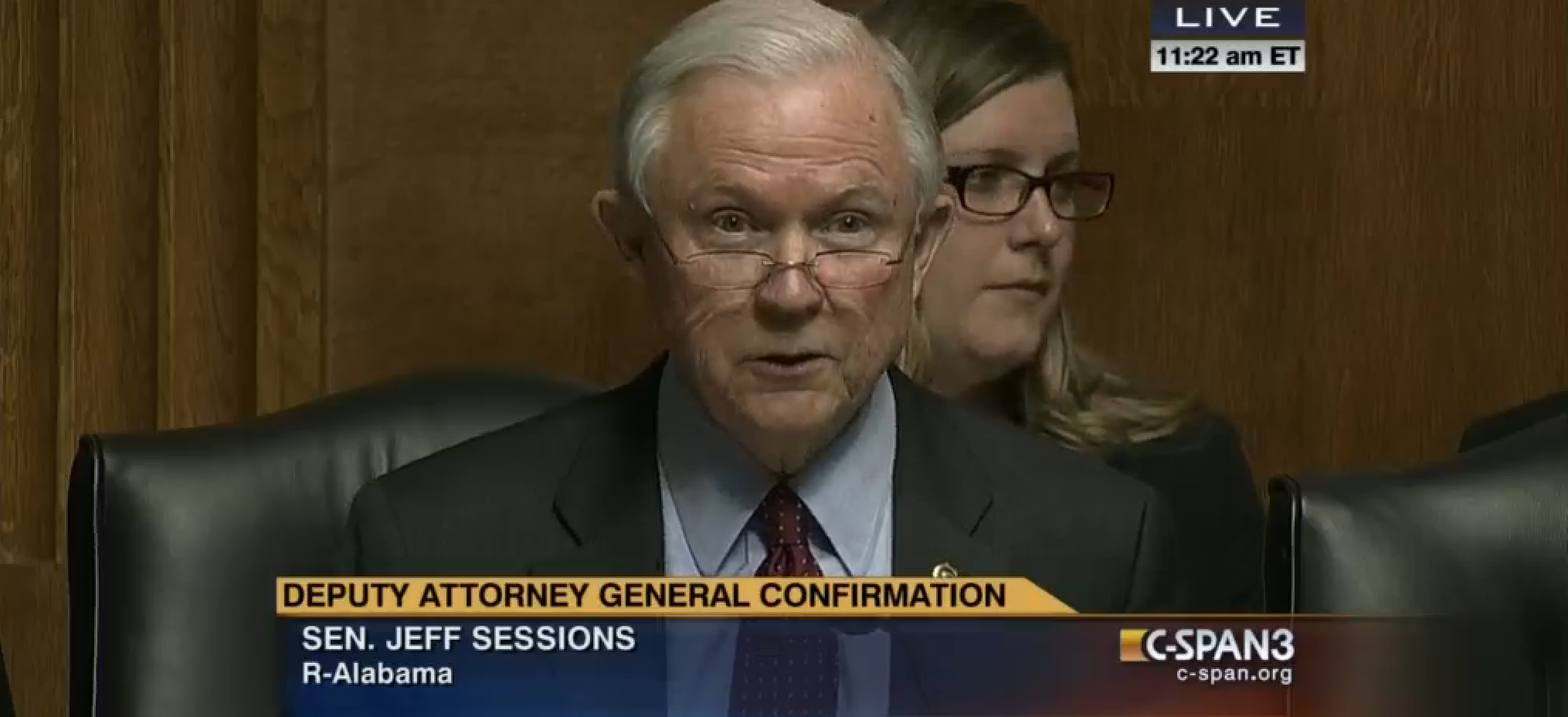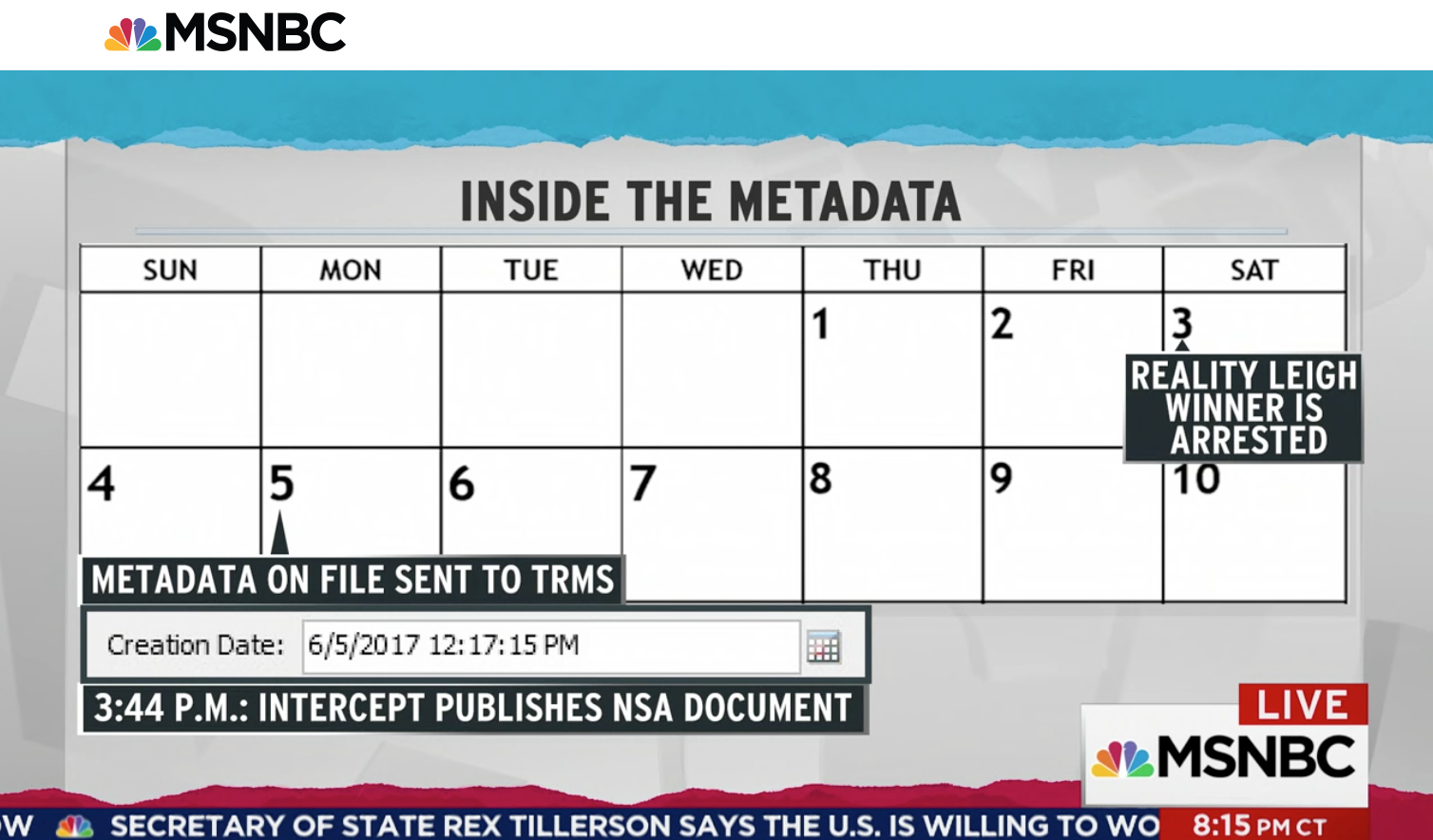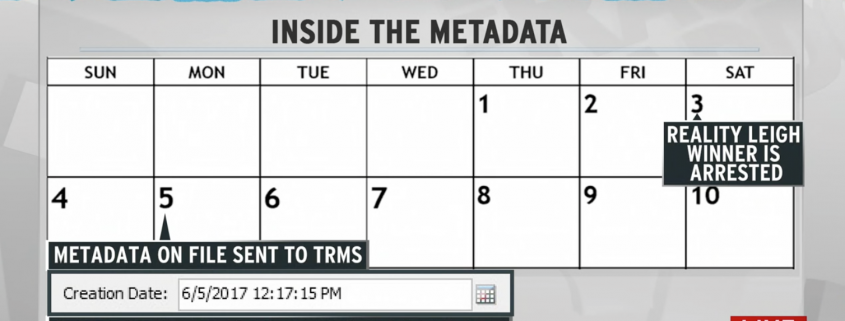The Boente Resignation and the Reported Charge[s]/Indictment[s]
Back in May, I argued (based on the since proven incorrect assumption that Deputy Attorney General Rod Rosenstein would be unlikely to hire a non-DOJ employee like Robert Mueller as Special Counsel), Dana Boente might be the best solution to investigate the Comey firing.
[T]here’s no reason to believe he isn’t pursuing the investigation (both investigations, into Wikileaks and Trump’s associates) with real vigor. He is a hard ass prosecutor and if that’s what you want that’s what you’d get. His grand jury pool is likely to be full of people with national security backgrounds or at least a predisposition to be hawks.
But — for better and worse — Boente actually has more power than a Special Counsel would have (and more power than Fitz had for the Plame investigation), because he is also in charge of NSD, doing things like approving FISA orders on suspected Russian agents. I think there are problems with that, particularly in the case of a possible Wikileaks prosecution. But if you want concentrated power, Boente is a better option than any AUSA. With the added benefit that he’s The Last USA, which commands some real respect.
Yesterday, at about 6:30, WaPo reported Boente’s resignation. An hour or so later, CNN first reported that Robert Mueller has approved charges against at least one person who might be arrested on Monday. Not long after that, former DOJ spox Matt Miller revealed that Boente told friends this week he was looking forward to returning full time to his US Attorney post after John Demers takes over as the confirmed Assistant Attorney General for National Security.
Miller assumes that means Boente was forced out, rather than chose to announce his departure — he’ll stay until someone is confirmed in his place — after some things he started (such as the investigation into Mike Flynn) are coming to closure.
I don’t believe, contrary to what Rachel Maddow has floated, that Boente is stepping down solely or primarily to be a witness. Mueller already has a list of people who witnessed Trump’s obstruction. He doesn’t need Boente and he’d be better off with Boente at the helm of related investigations than sitting before a grand jury.
So if Boente was forced out, it suggests the charges announced have led to a Trump decision to get rid of Boente, perhaps yet another person he believed would protect him or his close associates.
Or perhaps there’s this. I pointed out two weeks ago that an 2002 OLC memo (one interpreting language that Viet Dinh, who’s a tangential player in this whole affair, wrote) held that the President could order lawyers to share grand jury information with him.
A July 22, 2002, memo from the Justice Department’s Office of Legal Counsel, written by Jay Bybee, the author of the infamous torture memos, held that, under the statute, the president could get grand jury information without the usual notice to the district court. It also found that the president could delegate such sharing without requiring a written order that would memorialize the delegation.
Bybee’s memo relies on and reaffirms several earlier memos. It specifically approves two rationales for sharing grand jury information with the president that would be applicable to the Russian investigation. A 1997 memo imagined that the president might get grand jury information “in a case where the integrity or loyalty of a presidential appointee holding an important and sensitive post was implicated by the grand jury investigation.” And a 2000 memo imagined that the president might need to “obtain grand jury information relevant to the exercise of his pardon authority.”
If you set aside Trump’s own role in obstructing the investigation—including the firing of former FBI Director James Comey—these rationales are defensible in certain cases. In fact, the Justice Department has already shared information (though not from a grand jury) with the White House for one of these very reasons. In January, acting Attorney General Sally Yates warned White House Counsel Don McGahn that Russians might be able to blackmail then-National Security Advisor Mike Flynn. As Yates explained in her congressional testimony in May, after Flynn’s interview with the FBI, “We felt that it was important to get this information to the White House as quickly as possible.” She shared it so the White House could consider firing Flynn: “I remember that Mr. McGahn asked me whether or not General Flynn should be fired, and I told him that that really wasn’t our call, that was up to them, but that we were giving them this information so that they could take action.”
A similar situation might occur now that the investigation has moved to a grand jury investigation, if someone remaining in the White House—the most likely candidate is the president’s son-in-law, Jared Kushner—were found to be compromised by Russian intelligence. In Kushner’s case, there are clear hints that he has been compromised, such as when he asked to set up a back channel with the Russians during the transition.
If Trump were to rely on the memo, he might order a Justice Department lawyer to tell him what evidence Mueller had against Kushner, or whether Mike Flynn or former campaign manager Paul Manafort were preparing to cooperate with Mueller’s prosecutors if they didn’t get an immediate pardon. Unlike Yates, Trump would have an incentive to use such information to undercut the investigation into Russia’s meddling.
I argued in that piece that those who currently have visibility onto the investigation — Rod Rosenstein and Boente — would be unlikely to share such information.
But that doesn’t prevent Trump (or Sessions, on his behalf) from asking.
So one possibility is that — as things move towards the next volatile state of affairs — Trump asked Boente to do something he refused.
Update: CNN had the Boente story mid-afternoon, and they say the resignation was long planned. Which may mean the indictment yesterday was something (or things) he had been working on at EDVA for some time.
Update: NBC has yet more conflicting details, reporting that Jeff Sessions’ Chief of Staff told Boente on Wednesday he should submit his resignation so Trump can start the replacement process.




